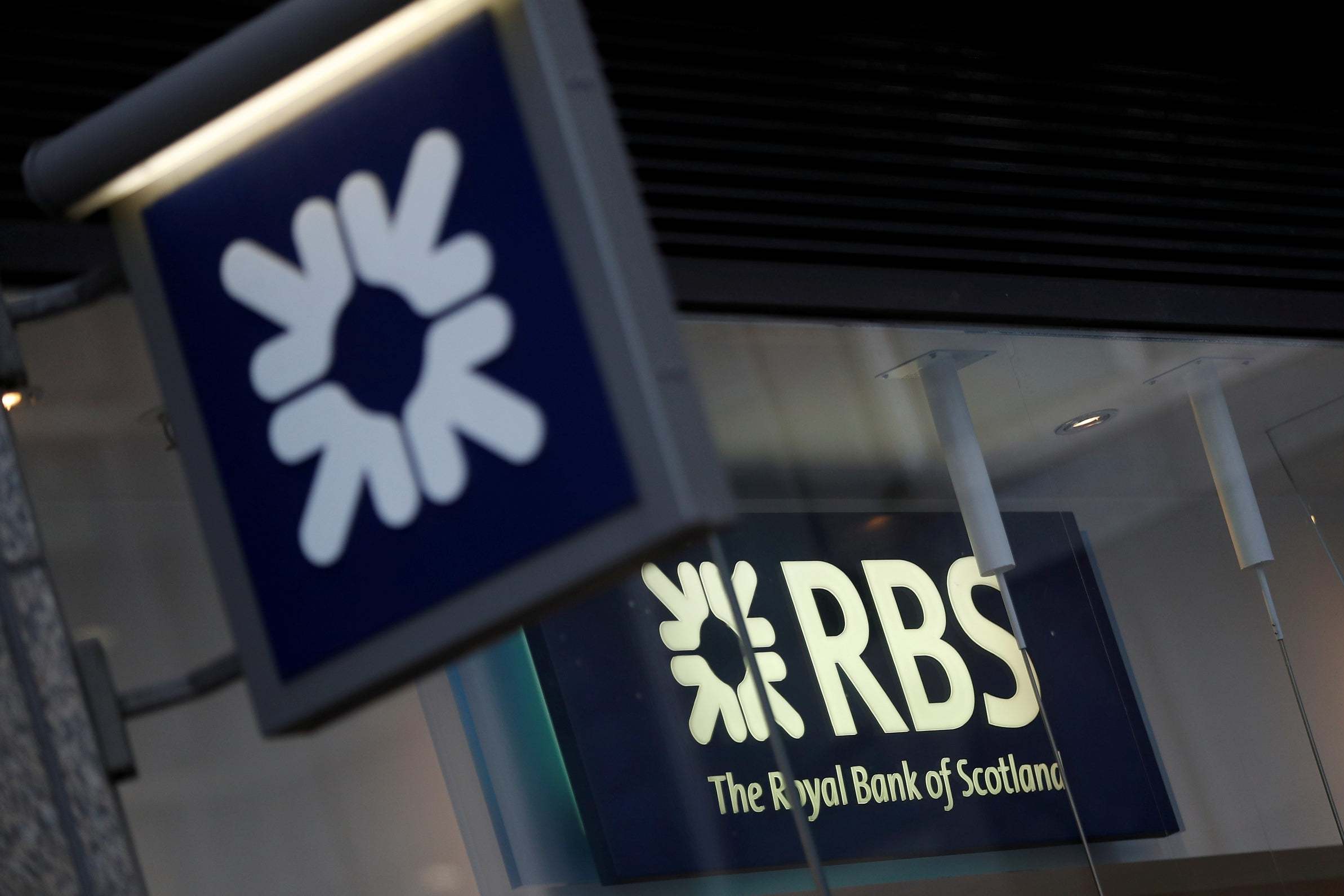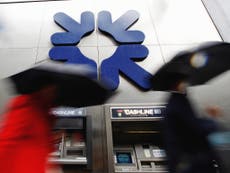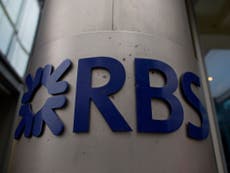“What’s in a name? A rose by another name would smell as sweet,” argued Shakespeare.
But is it true of company names? Do monikers matter in the world of business?
One corporate Rose – Alison, the new boss of the Royal Bank of Scotland – thinks so. She’s hoping that rebranding the RBS parent group as NatWest – one of its subsidiaries – will refresh the odour of the bank in the nostrils of the public.
Many will roll their eyes of course.
It’ll still be the same bank, even if the brass plate changes on its lavish Gogarburn headquarters. Changing the name won’t restore to taxpayers those billions of pounds of losses incurred since RBS was bailed out in 2008. It won’t help those families whose small companies were mistreated by RBS’s infamous Global Restructuring Group. It won’t erase the memories of distress of those millions of customers caught up in the bank’s 2012 IT meltdown.
Some will dismiss the move as a resurgence of the nonsense, peddled by overpaid consultants, about the transformative power of a renaming or rebranding. The failures stick in the mind more than the successes, with the Royal Mail’s 2001 rechristening as Consignia (soon dropped) the nadir.
Yet names do matter in business.
In 1985 Martin Sorrell bought a shopping basket manufacturer called Wire and Plastic Products (WPP). Sorrell wasn’t interested in shopping baskets of course. He just wanted a stock market listed company from which – for technical financial reasons – he could rapidly roll out his new advertising venture. The company he built became the world’s largest advertising group. The name? WPP. Sorrell never initially bothered to change it. Then those three letters became something of an asset in their own right. Sorrell has now left the company, but the WPP name lives on.
This illustrates the key point.
A company name is an asset not because of anything to do with the name itself but because of what that name comes to represent in people’s minds, whether that’s the minds of those who run other supplier firms or ordinary customers. It’s about reputation, something generally built over many years.
Think of venerable retail names like John Lewis or Marks & Spencer. They signify certain things – value for money, reliability, respect for workers. No matter how much these firms might be struggling at the moment in the high street’s financial headwinds only a fool would suggest a renaming exercise as a way out.
The Chinese car manufacturer Zhejiang Geely bought Volvo in 2010 because, although the Swedish car maker was losing money, it saw value in its historic reputation for safety.
The Zhejiang executives calculated that Europeans, and perhaps even the Chinese, would be more likely to buy a Volvo than a Geely.
But names and underlying reputations must be mutually reinforcing. If Chinese-made Volvos started veering off the roads because of poor engineering the name asset would not survive for long.
When the Weinstein Company – co-founded by Harvey Weinstein – auctioned off its assets in 2018, including the rights to some Quentin Tarantino films, the buyers, unsurprisingly, did not purchase anything with the Weinstein name on it.
Royal Bank of Scotland’s own history shows this effect too. It took less than a decade for its centuries-old banking name to become mud.
Alison Rose’s name change gambit for RBS might succeed, but only if she also succeeds in fundamentally overhauling the performance of the business – and not just its financial performance, but its treatment of its ordinary customers.
Rose’s decision, also confirmed today, to retreat from investment banking – a sector of finance that has a history of enriching employees while loading losses onto shareholders and the general public – is likely to be more significant in this regard than the renaming.
Corporate names do matter. But the underlying reality matters more. As the Bard also noted: “Lilies that fester smell far worse than weeds.”






Join our commenting forum
Join thought-provoking conversations, follow other Independent readers and see their replies